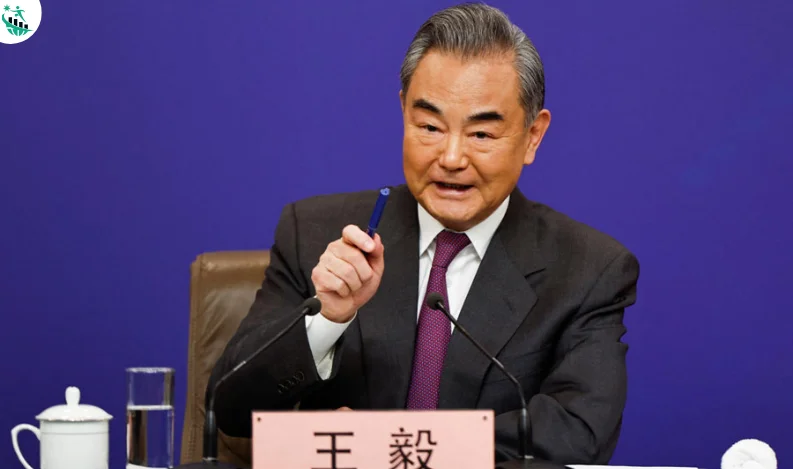
Foreign Investors Eye China Again but Policy Uncertainty Keeps Them Wary
Foreign investors are slowly returning to China as the government renews efforts to attract global capital. However, concerns over strict capital controls, regulatory opacity, and unpredictable policies continue to limit confidence.
At the Milken Institute Asia Summit in Singapore, many investors described China as both an essential and difficult market. “It’s a capital-controlled market. Everything is protected by denying depositors the freedom to move their money away,” said Charles Li, founder and chairman of Hong Kong-based Micro Connect and former CEO of the Hong Kong Stock Exchange. He noted that Beijing’s top priority remains financial system stability, not capital freedom, making the investment environment complex for outsiders.
China has faced record capital flight over the past two years as foreign investors withdrew amid weak property demand, deflationary pressures, and prolonged tensions with the United States. According to data provider Wind, net foreign direct investment dropped from $334 billion in 2021 to outflows nearing $154 billion in 2024, the lowest level in over two decades.
Beijing has pledged to reverse the trend by promising easier market access and increased engagement with global businesses. Premier Li Qiang has hosted meetings with foreign companies to reassure them of fairer opportunities. But policy ambiguity remains a key concern. Song Ma, professor of finance at Yale University, said investors still face unclear rules, state intervention, and limited exit options.
Private equity and venture investors have become especially cautious. Adam Watson, a partner at Partners Capital, said his firm reduced its exposure to China from 8% in 2018 to 3% since 2021, citing government interference and weak long-term prospects.
Still, recent data suggests small signs of revival. Guo Kai, senior fellow at the CF40 Institute, said global capital is beginning to return after years of hesitation. The Hang Seng Index has gained more than 35% this year, the Hang Seng Tech Index nearly 48%, and the mainland’s CSI 300 Index is up over 21%.
Some optimism is being driven by technology growth, policy pledges, and hopes of further market opening. Morgan Stanley reported August as the biggest month of Chinese stock buying by hedge funds in half a year. Yet, most analysts agree that China must follow words with action to regain long-term investor trust.
“What China does next to improve its investment climate will determine whether foreign capital stays,” said Ma. For now, investors are re-engaging, but cautiously, aware that opportunity still comes with significant policy risk.



Recent Comments:
No comments yet.